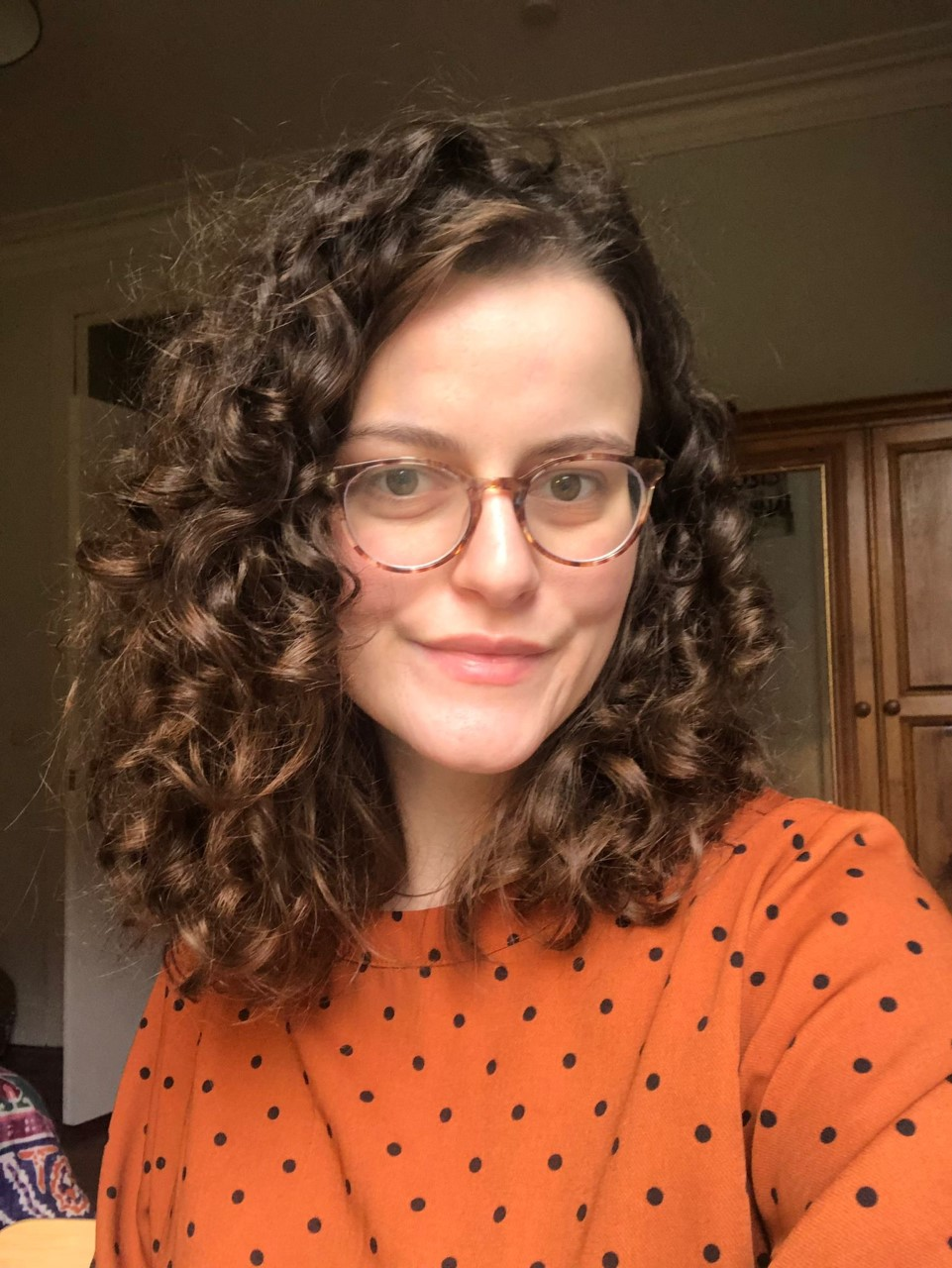Marina Politis - What is your vision for LGBTQ+ healthcare teaching in the medical curriculum?
- alicetbarber
- Jun 27, 2022
- 3 min read
Marina Politis (she/her) is a medical student at the University of Glasgow with an intercalated BSc in Clinical Medicine (Global Health in the Primary Care context). Marina is interested in health inequalities and health of marginalised communities - co-president and founder of the Glasgow LGBTQ+ Medical Students Society. She is also passionate about healthcare professionals' roles in the climate crisis and the gender gap in medicine. Outside of medicine, she enjoys open water swimming, salted liquorice and fostering cats. Marina is on twitter at @marinadpol.

Stop the pathologisation: not just a psychiatry or sexual health topic
LGBTQ+ health teaching in the medical curriculum is often envisioned as a topic saved for sexual health teaching, or perhaps psychiatry teaching. This, however, pathologises a community who span every speciality and topic - the label of ‘LGBTQ+’ not rendering an individual immune to a broken bone, high cholesterol or autoimmunity.
Importantly, where LGBTQ+ individuals, for example, do see higher burdens of mental illness - it is vital to mention that this is not due to being inherently LGBTQ+, but rather, due to the stigmatisation and discriminations individuals experience in society (and in healthcare).
LGBTQ+ health: a vertical theme
LGBTQ+ health teaching ought to be a vertical theme throughout the undergraduate and postgraduate curriculum, rather than standalone lectures or tick-box workshops or tutorials. For example, in an asthma lecture, as well as the “LABA, LAMA, ICS….” acronyms which students recite, they ought to be aware that lesbian women face higher rates of asthma. In a HIV lecture, it is critical to mention that transgender individuals actually face the greatest burden and risk of HIV, with trans women having a 66 times higher prevalence of HIV than the general population.
Time for answers: More research is needed
Importantly, medical students must also be encouraged to ask why. ‘Why’, the higher rates of asthma, you ask? Often, we do not know why - and importantly, increased research on marginalised communities is also needed, so that we can answer these questions and begin to rectify health and social inequalities.
When communities remain invisible and under prioritised in research and academia, it is hard to know where to begin to tackle these narratives.
Changing the narrative: Queer joy
As a queer woman, reading about the stigma and discrimination that my community face can be disheartening, as statistics cement their place in my mind. On placement, I have heard jokes about lesbians at the nurses station and in my pre-clinical teaching, I have seen stereotypes in my case based learning. This may paint a picture of doom and gloom, however, this is not the experience that stands out to me.
Working part time as a healthcare assistant, on a shift in assisted conception, I had the privilege of chaperoning an early pregnancy ultrasound - two women discovering they would once again be mothers, their toddler soon to be a sister. This moment encapsulated not only joy - but relief - this can be my future too.
LGBTQ+ healthcare can be about gender euphoria, about community and solidarity, about thriving individuals, couples and families - and we cannot and should not reduce it to disparities and inequalities.
A change in culture
LGBTQ+ affirming healthcare is vital, however, perhaps it is time that we shift all of healthcare, to a culture which is more holistic, and more centred on individuals, free from assumptions about identity, relationships or anything else.
In a future where being cisgender and heterosexual is no longer the default presumed ‘norm’, could it be that healthcare will not just be ‘LGBTQ+ affirming’ or ‘aware’, but, rather, affirming of every single individual, in their entirety? ‘LGBTQ+ affirming’ reminds us that this is not a given when someone enters a healthcare environment, but, a healthcare environment that is not so is a juxtaposition.
In future, I hope healthcare will span far more than the current medicalisation of individuals’ experiences, and recognise the nuances of the many, varied and intersectional identities that individuals hold, and how these roles interact and interconnect with their environment and community.




Comments